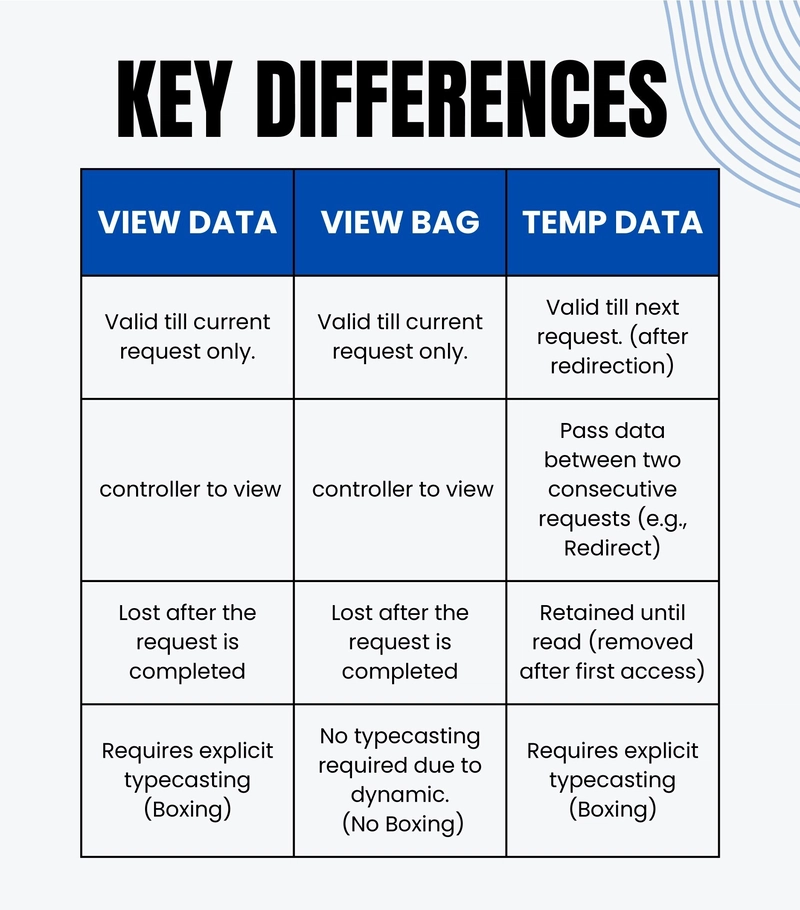Algorithm to compute k-permutation without repeating and no duplicates
I have a set of integers, for example 1..20 and I want to get all possible combinations of that set drawing 5 numbers. So each combination has 5 numbers from that set of integers. But I don't want the numbers in the combination to be duplicates and I want the unordered combination to be unique. I guess it's not easy to understand, my english is not the best and I don't know all the mathematical terms. So here's an illustration. My set is 1..20 and obviously has a length of 20. I want each possible combination to be like [1, 2, 3, 4, 5], [1, 2, 3, 4, 6], ... , [1, 4, 8, 14, 20], always a length of 5. And this should be prohibited: [1, 2, 3, 4, 5], [3, 2, 1, 5, 4] since those two contain the exact same numbers. Also this is not allowed: [1, 1, 2, 3, 4] since this combination contains duplicate numbers itself. So a naive approach would be to iterate via 5 for loops over 20, save all the previous combinations and check for duplicates through the combinations and within the newest combination. But this would result in 3,200,000 loops, which is not very efficient, since the final number of combinations is 1,860,480 (if I didn't calculate wrong, but it should be n! / ((n -k)! * k!) if I'm not totally wrong, where n = 20 and k = 5). So how can I eliminate the duplicate loops in the first place? I need a algorithm that is fast and does not take unnecessary steps since I'll calculate stuff with this data that takes a while and so I want to reduce the amount of loops as far as possible.
I have a set of integers, for example 1..20 and I want to get all possible combinations of that set drawing 5 numbers.
So each combination has 5 numbers from that set of integers. But I don't want the numbers in the combination to be duplicates and I want the unordered combination to be unique.
I guess it's not easy to understand, my english is not the best and I don't know all the mathematical terms. So here's an illustration.
My set is 1..20 and obviously has a length of 20.
I want each possible combination to be like [1, 2, 3, 4, 5], [1, 2, 3, 4, 6], ... , [1, 4, 8, 14, 20], always a length of 5.
And this should be prohibited: [1, 2, 3, 4, 5], [3, 2, 1, 5, 4] since those two contain the exact same numbers.
Also this is not allowed: [1, 1, 2, 3, 4] since this combination contains duplicate numbers itself.
So a naive approach would be to iterate via 5 for loops over 20, save all the previous combinations and check for duplicates through the combinations and within the newest combination. But this would result in 3,200,000 loops, which is not very efficient, since the final number of combinations is 1,860,480 (if I didn't calculate wrong, but it should be n! / ((n -k)! * k!) if I'm not totally wrong, where n = 20 and k = 5).
So how can I eliminate the duplicate loops in the first place? I need a algorithm that is fast and does not take unnecessary steps since I'll calculate stuff with this data that takes a while and so I want to reduce the amount of loops as far as possible.









































































































































































![[The AI Show Episode 142]: ChatGPT’s New Image Generator, Studio Ghibli Craze and Backlash, Gemini 2.5, OpenAI Academy, 4o Updates, Vibe Marketing & xAI Acquires X](https://www.marketingaiinstitute.com/hubfs/ep%20142%20cover.png)


























































































































![[FREE EBOOKS] The Kubernetes Bible, The Ultimate Linux Shell Scripting Guide & Four More Best Selling Titles](https://www.javacodegeeks.com/wp-content/uploads/2012/12/jcg-logo.jpg)



![From drop-out to software architect with Jason Lengstorf [Podcast #167]](https://cdn.hashnode.com/res/hashnode/image/upload/v1743796461357/f3d19cd7-e6f5-4d7c-8bfc-eb974bc8da68.png?#)







































































































.png?#)




.jpg?#)




















 (1).webp?#)











_Christophe_Coat_Alamy.jpg?#)








































































































![Rapidus in Talks With Apple as It Accelerates Toward 2nm Chip Production [Report]](https://www.iclarified.com/images/news/96937/96937/96937-640.jpg)





































































































































